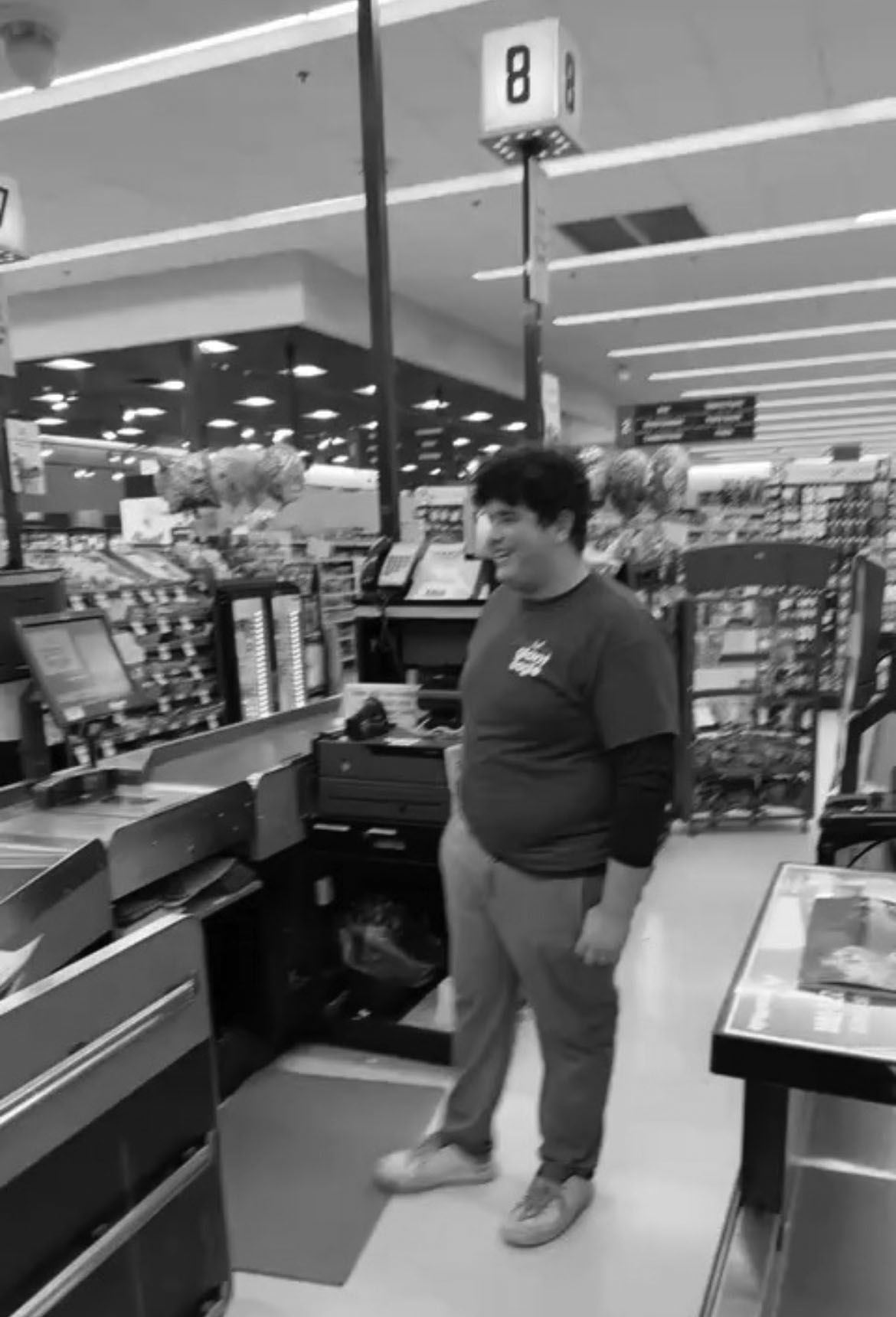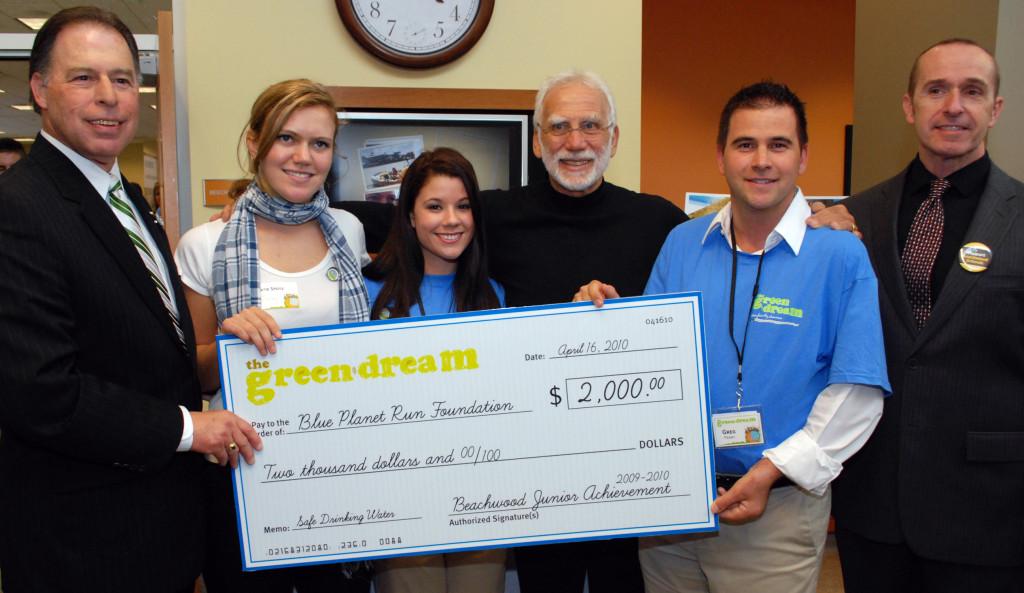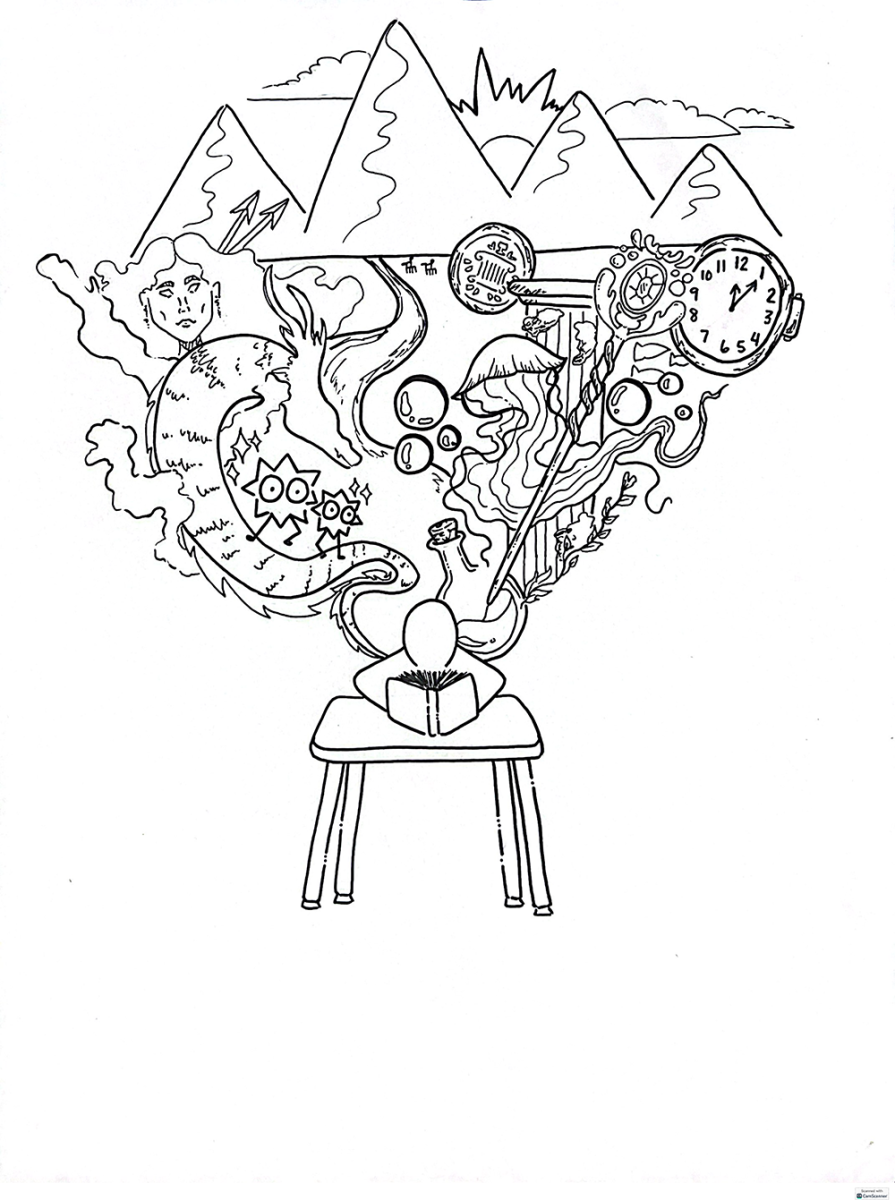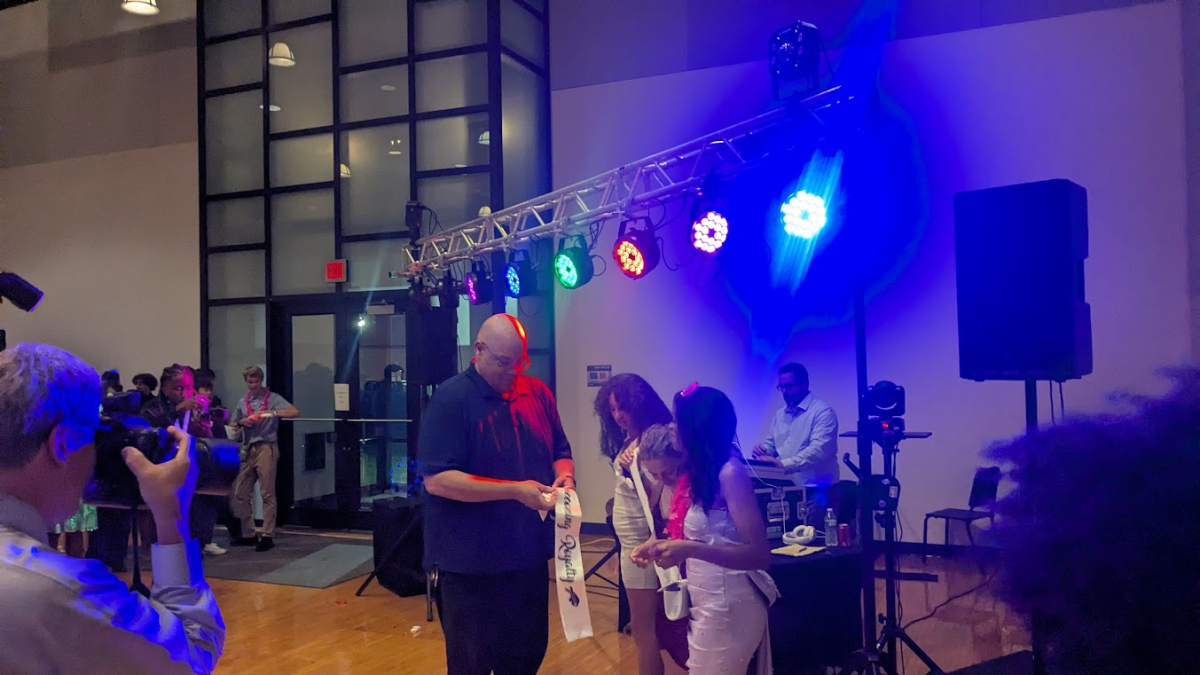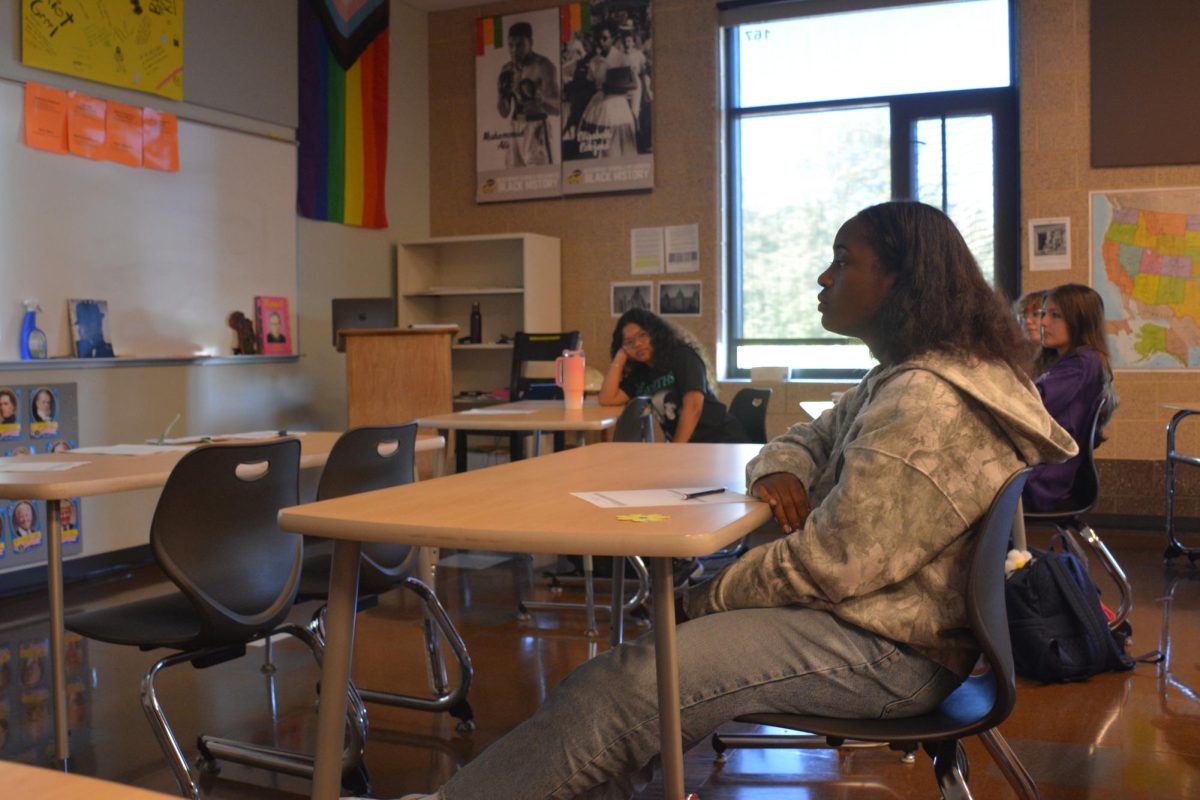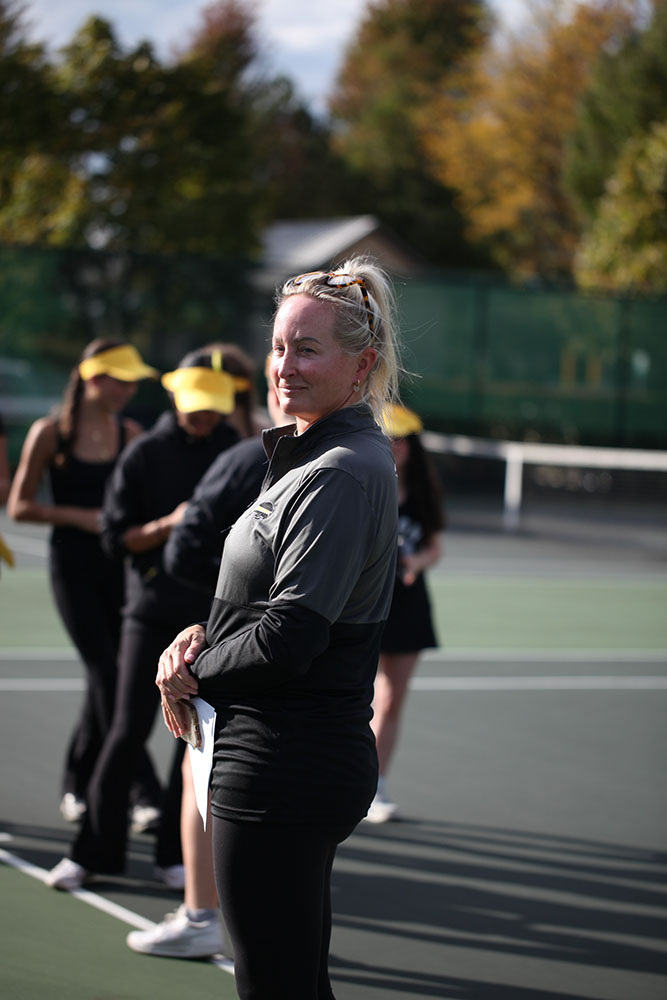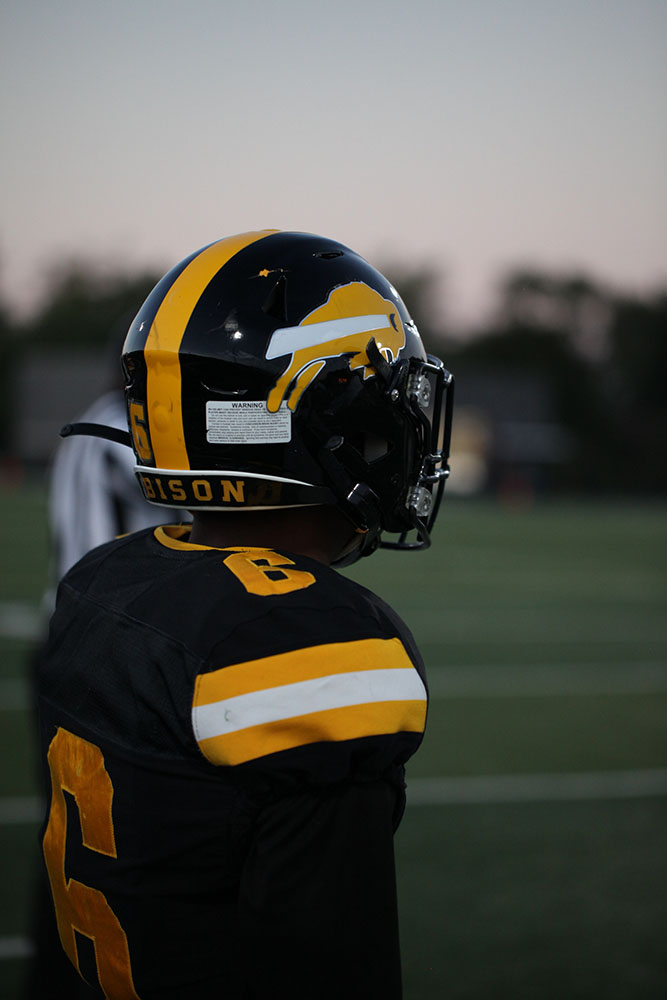On a summer evening before his junior year, Senior Avi Saidel’s night took an unexpected turn when he lost his phone on the RTA ride home.
The initial panic of realizing his phone was gone quickly turned to resolve.
While losing the phone might have made some teenagers cry and ask their parents for a new one, Saidel took it upon himself to get a job and become responsible instead of relying on his parents for everything.
“I was at the Guardians game,” he said. “I was taking the rapid home, but I lost my phone.”
“My parents said, ‘You’d better get a job to pay for your phone,’” he added. “Turns out the RTA found my phone when I was deep in the job search process, so I just stuck with it.”
Saidel is not the only BHS student working at gaining financial independence.
According to the Bureau of Labor Statistics, the employment–population ratio of high school students was 22.5 percent in October 2023. This number has grown from 15.7 percent in 2010, showing that more students are willing to go to work than in recent years.
For many students, part-time jobs serve as a step towards adulthood, offering glimpses into workplace environments while balancing youthful energy with responsibility. Each student’s experience varies widely, shaped by the businesses they work for, the jobs they have and their personal mindsets.
Take senior Dani Gilad, currently a receptionist at the BHS pool, where he enjoys a serene work environment.
“My job is to sign in parents who bring their kids for lessons,” he said.
Surrounded by families and the relaxed hum of swimming activities, Gilad’s shifts are punctuated by quiet moments during lunch breaks or lulls between swim classes.
“I’ve learned some good people skills, some talking skills,” he said.
For Gilad, even a low-key job fosters growth.
On the flip side, Saidel and Senior Evan Tew, both cashiers at busy retail and food service locations, work in fast-paced, sometimes stressful environments.
Saidel, who works at Giant Eagle, describes his checkout lines as flowing with ‘constantly new people,’ requiring sharp focus to manage transactions and bag groceries efficiently.
Tew, formerly a cashier at Heinen’s, also felt the stress of the job, but found solace in his schedule.
“I’d work mainly weekends because of soccer and track, and [my shifts were] like 10:00 to 7:00, or 11:00 to 8:00, depending on the day.”
The holidays are really busy, but despite the chaos, Evan appreciated the financial upside of holiday shifts when customers tipped well.
For seniors Jacob Tannenbaum and Talia Steinberg who work in restaurants, the vibe hinges on one’s outlook.
Tannenbaum, a host at Heck’s, who describes his job as ‘pretty fun and easygoing,’ credits his positive mindset for turning hectic dinner rushes into manageable tasks.
Steinberg, a hostess and busser at Fiama, agrees.
“I take care of reservations, and I see people, and I make sure that everything is running the way it’s supposed to on the floor, and then I am also [part of] the clean-up-group,” she said.
“When people are done with everything, I clean up the table and I reset it,” she said. “And I also do chores– we have stuff like polishing silverware and glasses.”
Though Steinberg acknowledges the physical demands, she values the flexibility.
“I get out at about 9:00 p.m., which is not that late, especially compared to everyone else that works there, [who get out at] midnight.” she said “So it’s pretty good, and I don’t work every single day, so I have time to do [schoolwork].”
Both students report that their employers work around school obligations, in accordance with Ohio laws restricting the employment of minors who are supposed to be in school.
Juggling academics, extracurriculars and work is no small feat. Students like Tew, when he worked long weekend shifts, often felt the strain.
“The weekend is supposed to be a break [and after school is] supposed to be a time to chill out, and because I [had] to work, I [had] no break,” he said.
He had to get caught up on homework during the week.
“I was failing my classes just because I didn’t have enough time,” he added.
However, Tew learned to adapt to the challenge.
Meanwhile, junior Asher Hardis, a lifeguard at the Beachwood pool during the summer, balances vigilance with moments of calm. He plans on working there again this summer.
“Besides a few times where I have to yell at people or help someone, it’s pretty chill,” he said.
The job requires constant alertness, but Hardis finds joy in the responsibility and the camaraderie among staff.
Then there are jobs like that of junior Nate Brecher, which offer little downtime. As an ice cream scooper at Ben & Jerry’s, he’s constantly working, with few breaks between customers.
Brecher works for the goal of financial independence.
“I needed a job because during the summer, I didn’t have a lot to do, and I wanted to make my own money,” he said.
Even though having a job is important, there needs to be a balance between school and work.
With this in mind, many students keep it light during the school year and work more during breaks.
Tannenbaum works three days a week during the school year and can choose when he wants to work, which allows him to stay focused on academics while working.
“My manager is very flexible, so if I’m tied up with schoolwork, I’m allowed to bring my homework to the job,” Brecher said.
Students report that in addition to the money they earn, working these jobs contributes to their personal growth.
Because of his work as a busser, Tannenbaum learned how to communicate with people professionally and sincerely.
Through his job, Brecher learned to socialize, gained confidence, developed teamwork skills and adapted to a professional work environment. He says it makes him feel like an adult.
Hardis also built confidence and gained important first aid and lifesaving skills.
Ultimately, for each of these students, working isn’t just about earning a paycheck—it’s about taking control of their financial futures.
While their jobs may have started as a way to solve an immediate need, such as buying a phone or saving up for something special, it has become an important step in their path toward becoming independent adults.


